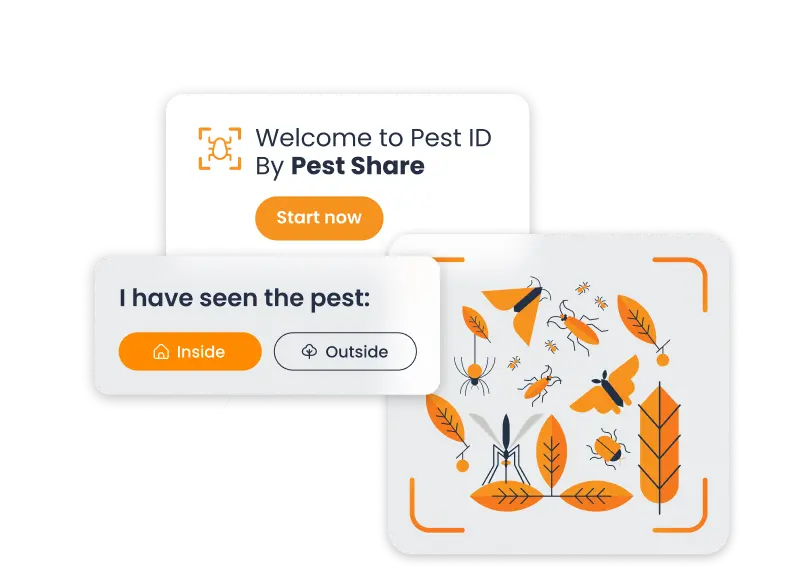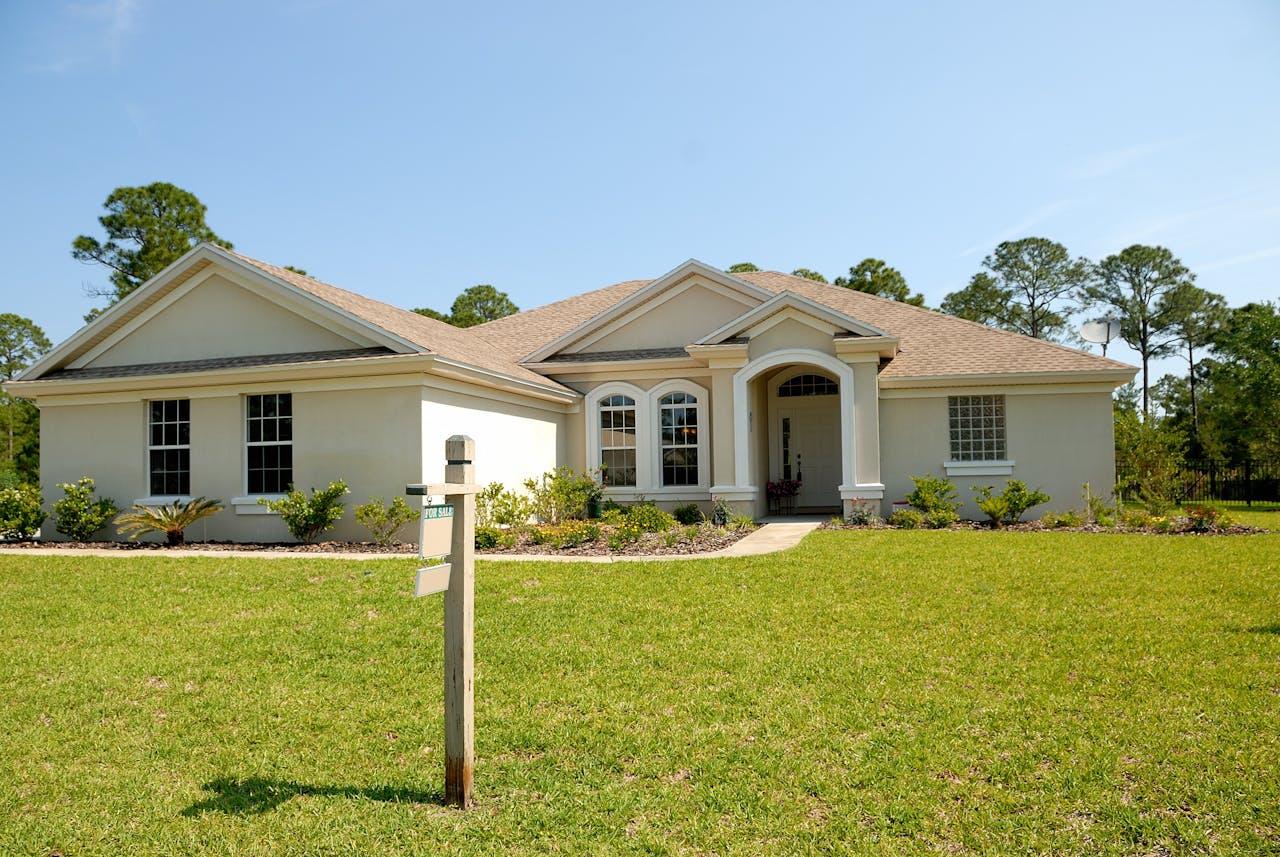When pests show up in your rentals, pest control isn’t just a nice-to-have—it’s essential for keeping your properties safe, clean, and livable. As a property manager, you’re likely balancing the cost of services with the need to resolve issues quickly and effectively.
The cost of pest control can vary quite a bit, depending on factors like the type of pest, the extent of the infestation, and the size of your property. Knowing what goes into these costs can help you set realistic budgets and address pest problems without unnecessary delays. By understanding how pest control pricing works, you’ll be better prepared to make informed decisions that protect your properties and keep your residents happy.
Let’s break down what impacts the cost of pest control and what you can expect.
Understanding Pest Control Services
Before diving into costs, it’s crucial to understand what pest control services entail. Typically, these services include an initial assessment where a pest control professional examines your property to identify the type and extent of infestation. Following this, a plan is crafted that outlines the treatment needed which could range from chemical sprays and baiting systems to more extensive measures like fumigation or heat treatments for pests like termites or bed bugs.

Affordable, Tech-Driven Pest Solutions
Pest control services aren’t just about eliminating pests—they also focus on preventing future infestations. This might involve sealing off entry points, advising on changes to landscaping or storage practices that discourage pests, and scheduled follow-up visits to ensure pests don’t return. The comprehensive nature of these services, combining immediate treatment with long-term prevention, is a key factor that influences cost.
How Much Should Pest Control Cost?
The cost of pest control services can range significantly based on several key factors. For most residential settings, general pest control services can start anywhere from $100 to $300 for an initial visit. This price can fluctuate depending on the size of your home, as larger homes require more time, labor, and materials to treat effectively. The type of pests also plays a significant role in determining cost. For example, dealing with common pests like ants or cockroaches may be at the lower end of the cost spectrum, whereas controlling more stubborn or dangerous pests like termites, bed bugs, or rodents typically involves more complex, costly methods.
Location also impacts pricing. Pest control costs in urban areas or regions with higher costs of living tend to be higher compared to rural areas. Additionally, the severity of the infestation affects the price. Minor preventative treatments will cost less than addressing a severe, widespread infestation, which might require multiple visits and more intensive treatments.
Understanding these factors can help you gauge whether a pest control quote is reasonable. It’s important to consider not just the cost, but also what is included in the service. Some services might seem expensive upfront but offer comprehensive treatment plans and guarantees, which can save money in the long run by ensuring the problem is fully resolved and future infestations are prevented.
Monthly Pest Control Cost
Opting for monthly pest control services can be a smart move, especially if you’re dealing with persistent pests or if your property is situated in an area prone to infestations. Regular pest management not only tackles existing pests but also prevents new ones from settling in. The cost of monthly services generally depends on the size of your property and the type of treatment needed. Typically, homeowners might expect to pay between $40 and $70 per month for these services.
This monthly fee often includes regular inspections, treatments as needed, and preventative measures to keep pests at bay. It’s worth considering that while the monthly cost might seem higher than handling issues as they arise, the regular maintenance can save you money in the long run by catching problems early, preventing large-scale infestations that are more expensive and challenging to eradicate.
Commercial Pest Control Prices
When it comes to commercial pest control, the stakes are often higher, and so are the costs. Businesses, especially those in industries like food service or hospitality, can’t afford the risk of a pest infestation not just due to health codes, but also because of the potential damage to their reputation. Commercial pest control prices are influenced by several factors, including the size of the facility, the type of business, the extent of the infestation, and the frequency of service required.

For a small to medium-sized business, monthly pest control might cost anywhere from $50 to $100, while larger businesses or those requiring more specialized services might see prices ranging from $100 to $500 per month or more. Commercial services often include more than just handling infestations; they also provide detailed reports and documentation for compliance audits, which is crucial for businesses operating under strict health regulations.
Cost of an Exterminator
Hiring an exterminator for a one-time service is typically what most people consider when they discover a pest problem. The cost for a single visit can vary widely based on the severity of the infestation and the methods needed to deal with it. Basic pest control treatments, such as spraying for ants or roaches, might cost anywhere from $150 to $250. However, more complex problems, like termites or bed bugs, require more intensive and expensive treatments, which can range from $300 to over $1,500, depending on the extent of the infestation and the size of your property.
Exterminators often use a range of pricing models. Some charge a flat rate for their services, while others may charge based on the square footage of the area that needs to be treated. Understanding these costs upfront can help you budget appropriately and avoid surprises down the line.
Factors Influencing Pest Control Fees
Several additional factors can influence the cost of pest control services, going beyond just the type of pest and the size of the property. The method of treatment is one significant factor. Chemical treatments might be less expensive upfront, but they could require more frequent applications compared to more sustainable, albeit initially costlier, integrated pest management solutions. The frequency of treatment also plays a role; a single visit might solve some issues temporarily, but ongoing service agreements may be necessary for long-term control, affecting overall costs.
Location-specific factors also affect pricing. If you live in an area where certain pests are particularly prevalent due to local climate or other environmental factors, this might require specialized treatment plans that can increase costs. Additionally, travel time to your location can be factored into the service charge, particularly if your home or business is located far from the pest control company’s base of operations.
Choosing the Right Pest Control Service
Selecting the right pest control service is crucial not only for managing costs but also for ensuring effective and safe treatment. When choosing a pest control provider, consider their reputation and the reviews from past clients. It’s important to verify that they are licensed and insured, which protects both you and them in case of any issues. Ask about the methods they use and ensure they comply with local regulations, especially if you have pets, children, or sensitive environments like gardens or bodies of water nearby.
Don’t hesitate to request detailed plans and quotes from multiple providers to compare prices and service offerings. A good provider will offer transparency about what each service entails and any guarantees or follow-up visits included in their price. This will help you understand exactly what you’re paying for and ensure there are no hidden costs.
Understanding the ins and outs of pest control pricing can empower you as a homeowner or business owner to make informed decisions about how to best protect your property. Remember, the cheapest option isn’t always the best when it comes to pest control. Investing in quality service that effectively addresses your specific needs can save you money in the long run by preventing more severe infestations and potential damage.




